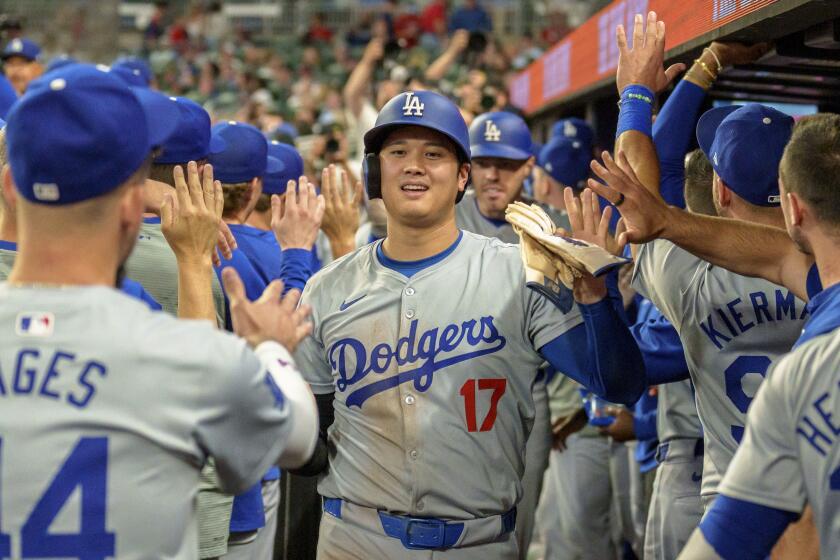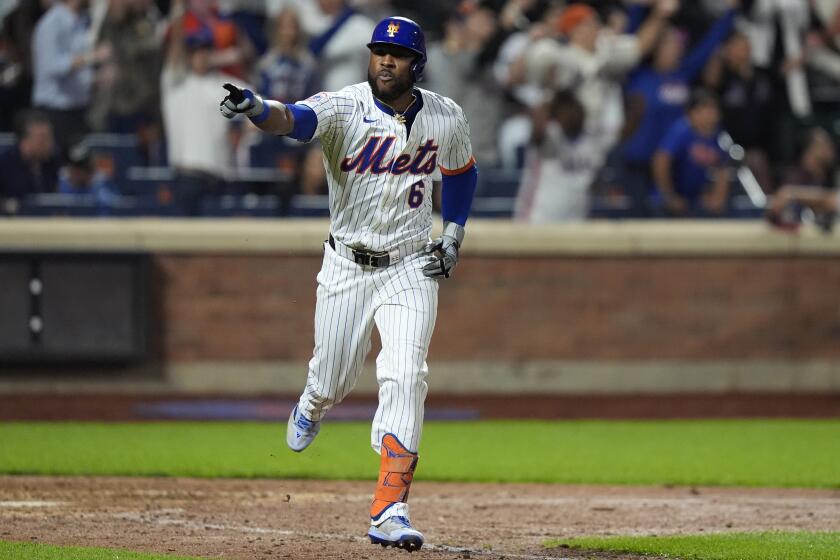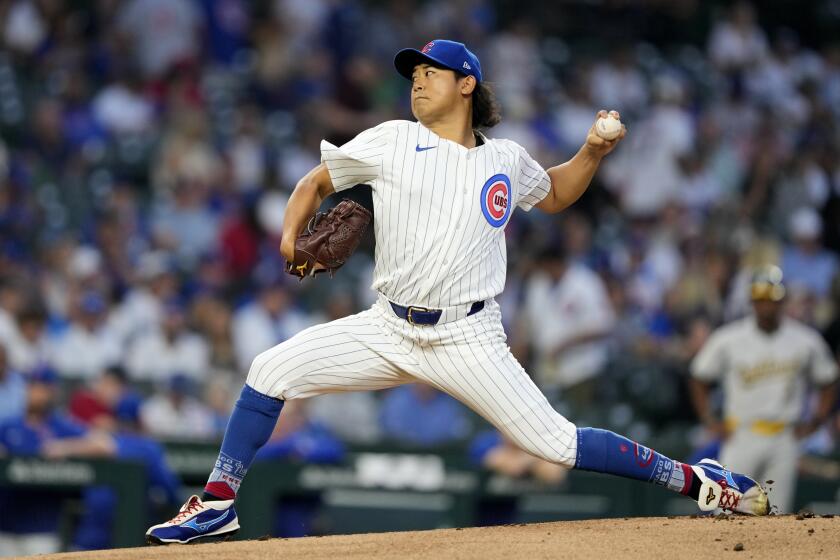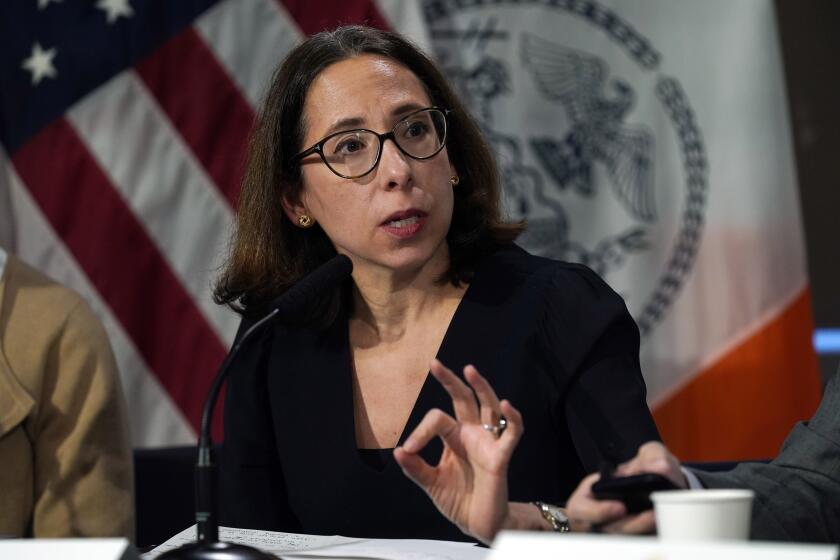Part 1: ‘They should come here and see what the war is’
Edward Sakasitz, a 21-year-old private in the German army, came to the Leningrad area in February 1942 to join Adolf Hitler’s troops laying siege to Russia’s old imperial capital.
Today, the 86-year-old Nazareth resident who grew up in Austria remembers his experiences with an anti-tank battalion of the Wehrmacht during World War II, including his nearly two years on the Russian front.
First of Two Parts
Many men froze to death, especially those who smoked cigarettes. They often traded the little food we received for tobacco. I guess they didn’t have enough nourishment.
We got two cigarettes a day. I didn’t smoke, so I gave mine away always. I had a very good friend, Herbert Sgaga. He was from Austria, too; we got drafted together. He had to smoke. He said, ‘’Eddie, you can have my pims and my margarine.’’ (We called the bread pims.) He was all yellow. He froze to death in a bunker.
In the Leningrad area, we only stayed two or three weeks in one place. Our Panzerjaeger ‘’tank hunter’’ unit was motorized. My job was to drive half-tracks and motorcycles. I thought: Am I lucky I don’t have to walk like the infantry! Many times I had to go with a motorcycle to an infantry company up front, where machine gunners laid in the snow. I was so glad always.
The Russian artillery fired constantly but not heavily. A shell killed my school friend Alois Weber from my home village of Fladnitz. He was in one of our artillery units. I took a picture of his grave and sent it to his mother.
We didn’t attack. Instead we were told to hold our positions and be sure that no Russkies came over. At one place along the Neva River, we saw dead Russians on the ice. Two weeks before we got there, they tried to come across when the river was frozen, but they were shot down with machine guns from another German unit. The bodies stayed on the ice. When the spring came, they were washed away. It was terrible.
Often we were exhausted. You can’t imagine. We condemned all four leaders -- Hitler, Stalin, Churchill, Roosevelt. ‘’They should come here and see what the war is,’’ we said. Unbelievable cold!
Some nights, it was minus 40 degrees. We had warm clothing, but it was just not enough. We had two, three pair of socks on, good boots, long underwear, overcoats and hats we could pull down over our ears. The steel helmet, you only wore when you had to. Everybody had lice because nothing ever was washed.
I didn’t have a beard, but some guys did. You should have seen the ice hanging down from their beards.
We lived most of the time in the woods, in bunkers made of logs, eight to 12 guys in a bunker. At least half of it was underground. You’d see rats running around in there. We slept on wooden planks with our coats on. No heat, no lights, no blankets. But you had a little roof over your head and you didn’t feel the wind. It felt warm with all the guys in there, compared to being outside.
There was a latrine outside the bunker. It was pieces of wood nailed together and stuck in the ground a little bit.
We had to make sure our vehicles started. We used antifreeze and ran the engines. The machine guns mounted on our half-tracks had to be ready if we needed them. Everything had to be as clean as possible.
In the evening we could have no light, because the Russians would zero in on it with their artillery. Headlights could only be open a little slit, maybe half an inch. Generalissimo Franco had sent up a Spanish division, the Falanga, to help Hitler. We were in the village of Pokrovskaya, and the Spaniards were behind us. One night, they had a wood fire -- I guess they were frying chickens. Soon the Soviet artillery goes BOOM BOOM BOOM, and the shells go woooo woooo woooo over our heads. The Spaniards didn’t do that no more.
Every night, you had to stand watch for two, three four hours -- two guys together. You had to know the password; the German army every day had a different word you had to remember. If you didn’t know it, you were the enemy.
In Russia in the wintertime, at 3 o’clock in the afternoon it’s dark already. At 8 in the morning, it gets daylight. I always preferred to rest early. I’d go to bed about 8 at night, and by midnight or 1 o’clock, I was ready to get up.
To stand watch, we had to get out of the bunker and walk together a couple hundred feet. I liked it in the woods because the wind wasn’t that crazy there. When our watch was over, we had to wait outside the bunker until the other guys came out for their watch. We were told in the Wehrmacht, Der Feind schlaeft nie, the enemy never sleeps. When I got back in the bunker, I slept again.
For breakfast, we had bread, margarine and marmalade. Our coffee was made out of dried vegetables; it tasted pretty good. We had no canned food. The field kitchen was back further, maybe a kilometer. They cooked everything in one pot, like a soup, with beans and all kinds of vegetables mixed in. Then somebody carried the food up to us.
In the villages, some civilians had one or two cows and some chickens. We used to buy eggs and milk from them and give them bread. They were glad to have a little bit, because the Russian people were very poor. They had less than we had in the German army.
We were only soldiers. We couldn’t help it for the war. The big Nazis in Berlin, they didn’t go through it. They weren’t in Russia suffering, getting killed, freezing to death. We often said: ‘’Where is the Lord? How can the Lord tolerate this?’’
Many times, I thought I would not make it, because of the cold and the enemy fire. You come to the point, ‘’The sooner it hits me, the sooner I won’t have to worry about it no more.’’
I’ve got it made
I was born in 1920 in Nazareth. My parents were from the Burgenland province of Austria. They were young and didn’t know each other when they came to America. They met here in Nazareth and got married in 1912 in Holy Family Catholic Church.
When I was 2 months old, my mother went back to Austria and took me with her. I think she and my father weren’t getting along. My older brother and three sisters stayed with my father.
My mother and I lived on her father’s farm in the little village of Fladnitz im Raabtal in Styria province. She died when I was 12, and I moved to my Aunt Mary, my mother’s sister, in the same village and worked on her farm. I was in contact with my father maybe once a year, and he was going to bring me back to this country. But it was the time of the Great Depression in America, and things were bad.
In 1937, I started working in a truck repair garage, where I learned to repair gasoline and diesel engines for very little pay. Things were also bad in Austria. Many people were out of work. I had to work for a month to buy a shirt; I didn’t make enough to buy a bicycle. But once Hitler took over Austria in 1938, prices went down and wages up. I was doing OK now. I made some money. In no time, I had a small motorcycle. I thought this is nice, I’ve got it made.
I received a letter from my father, saying if I wanted to come to America now, he would try to help me. I said no, not now. Things had so improved for the poor people of Austria.
On my 19th birthday, on July 10, 1939, I had to go to the army for a physical examination, a Musterung. The German officer asked, ‘’You were born in America?’’ I said yes. He asked if I intended to go back. I said no. He said if I qualified, I had to go in the army for two years. I thought: I have nothing to lose, there was no war and most of my friends were going. Maybe I’ll learn something.
Believe me, I was sorry many times that I said I am going to stay. But nobody gave me any advice. Nobody helped me. And once the war started, there was no getting out of the army.
I had the radio on in the morning of Sept. 1, 1939, and the Fuehrer was speaking. He said since 5 o’clock in the morning, we have attacked Poland. It was really no surprise, because we heard the German and the Polish people always had problems along the border. I remember that I saw it in the paper, Hitler warned the Polish people: Do not harass the German citizens or we’ll attack you. The Poles said: You just come, we’ll fix you. In 18 days, Poland was defeated. But the French and the British had joined the war.
It was too late to go back to America. I got drafted into the Reichsarbeitsdienst, the work service, a pre-military education. They were crazy about discipline. For six months, we had to work with pick and shovel. We were supposed to go to the Rheinland in Germany to build places to stow artillery ammunition. But when we got there in April 1940, we had to clean up villages shelled by the French artillery. After three months, I was promoted to foreman.
While still in the Arbeitsdienst, I got my papers to report for Wehrmacht training at Bregenz am Bodensee, in Austria on the Swiss border. In Ausbildung, we learned to shoot, and there was a lot of marching and always singing. One song was ‘’The Horst Wessel Song,’’ the Nazi Party anthem. We had to sing it loud.
We were in training for a few months, then I was assigned to Panzerjaeger Abteilung 85 near Zell am See in Salzburg province. My rank was Gefreiter, or private, and later Obergefreiter, private first class. There were 440 to 460 in our battalion, which was under the 5th Mountain Division. Our job was to knock out tanks.
In January 1941, we left Austria by train for Hungary, Romania, Bulgaria, Macedonia and Greece, where we pursued the British and a division from New Zealand. The Luftwaffe, the air force, cleared the way for us. Mostly little towns were very much destroyed. For a short time, we were stationed south of Athens in the village of Phaleron.
On our way to the island of Crete, we were escorted by Italian torpedo boats. One of our freighters went down, torpedoed by the British. I thought: Am I glad I’m not a sailor!
When I was drafted, I didn’t want to go in the army; I wanted to be a Matrose, a sailor, in the Kriegsmarine. The navy advertised beautiful ships and I liked the water, but you had to volunteer. Now I saw it was crazy to be on a ship. There is nothing but water, and if the British see you, they would torpedo you.
On Crete, we had a nice time for seven months in 1941. Nothing was going on. On Dec. 8, we heard Japanese airplanes had attacked Pearl Harbor. It didn’t mean much to us, half a world away.
Just before Christmas, we went back to the mainland of Greece, and traveled from there through Yugoslavia to Austria, where we regrouped. In January 1942, we headed for Russia by train through Czechoslovakia, Poland and the Baltic states.
The next month, we unloaded in Krasnovardeisk, southeast of Leningrad, got on the Leningrad-Moscow highway and ended up at Volkhov, a swamp area. We had to wear nets over our heads or the mosquitoes would eat us up. The guys who smoked had a hole through the net so they could stick a cigarette in.
In the summertime, you could not go into the swamp without sinking down. The German cavalry lost many horses there. We had to build a path with logs, a Knueppeldam.
Every few weeks we moved to different positions, to the Neva River below Lake Ladoga and south of the city of Schluesselburg.
Nights you could move around because the Russians couldn’t see you, but not in daytime. You could crawl in a ditch, but don’t get up any higher. If you thought the Russian sharpshooters were asleep on the other side of the river, you’d take a stick, put a helmet on it and raise it up nice and slow. They’d shoot the helmet. PING! They were on the ball.
Shells like a mooing cow
In the 23 months I was in Russia, we only had combat one time, in September 1942 at Sinyavino, east of Volchov. The Russians fired at us with artillery and machine guns, and we did the same. I didn’t see anyone, but I fired the machine gun on my half-track into the bush, where the Russian fire came from. An artillery shell wounded me in the left knee, nothing serious. It was swamp area, so when shells hit, you wouldn’t see much fragments because they were smothered in the marshes.
Some Russians came over and surrendered to us. They were poorer and hungrier than we were. They said more Russians would surrender, but they were afraid we would kill them all. We didn’t shoot prisoners, but not far from us was an SS division, and I heard they did.
In December 1942, my good friend from school Alois Meier and I spent a one-week leave near Tallinn in Estonia. Every day, a bus took us into the city to see a movie about how good the Germans are, how miserable the British are. The following May, Alois was badly wounded by a shell from a Russian T-34 tank. He saw the trees bending over from the tank and couldn’t run fast enough into the bunker. He spent four weeks in a Feld Lazareth, a field hospital, and was sent to Germany.
Hitler’s birthday, April 20, 1943. We were south of Sinyavino. About 2 a.m., the Russians played German music over the loudspeaker from across the line. When the music stopped, an Oberstleutnant Fischer, a lieutenant colonel who had deserted and was making propaganda for the enemy, said over the loudspeaker that we should go home, not listen to Hitler, that all we faced in Russia was death. Then the Russian artillery opened up, including the Molotov Orgel, which we called die bruellende Kuh, the mooing cow, because that’s what the shells sounded like.
In January 1944, we loaded our equipment onto a train at Krasnoyeselo, south of Leningrad [now St. Petersburg]. We were headed for Italy.
The weather would be much nicer there, but as far as the war, Italy would be much worse than Russia.
610-770-3784
MONDAY: Sakasitz’s unit reels under American bombardment, and a machine gun opens up on him on a dark road.



